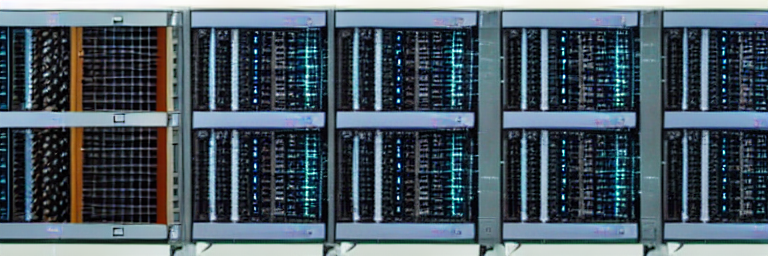What is ECM software?
ECM (Enterprise Content Management) software is a type of software used to capture, store, manage, and deliver content across an organization. This content can include documents, images, videos, and other forms of digital information. ECM software provides a secure platform for storing and sharing important content, as well as tools for managing and controlling access to information.
To further describe ECM software, it is a system designed to store, manage, and track large volumes of digital content. As well, it helps organizations capture, manage, store, preserve, and deliver content related to organizational processes. Too, ECM software provides an automated way to streamline the process of collecting, organizing, storing, and sharing digital content, such as documents, images, videos, and audio files. It allows users to easily access and manage large amounts of content from any device, regardless of location.
It enables businesses to access, organize, and share information more efficiently. Also, it can be used to automate and streamline manual processes with digital workflows, such as document approvals and reviews, document version control, and document security. In addition, it also helps improve collaboration by providing secure access to documents, images, and videos from any device. Additionally, ECM software can be used to store and manage customer data, including customer profiles, order histories, and customer service records.
The Benefits
Enterprise Content Management (ECM) software is a comprehensive solution for managing and organizing the large volumes of electronic information (documents, emails, images, videos, etc.) that organizations must store and access. It helps to improve operational efficiency, reduce costs, and ensure compliance with industry regulations.
- Automated Document Management: it automates the capture, indexing, and storage of documents and other content. This eliminates manual processes and reduces the time and resources needed to manage and access documents.
- Increased Productivity: it eliminates manual processes and helps to streamline document management. This allows employees to concentrate on more important tasks and increases productivity.
- Improved Security: it provides advanced security features such as authentication, encryption, access control, and audit trails. This helps to make sure that confidential information is not accessed by unauthorized personnel.
- Reduced Costs: it helps organizations reduce costs by eliminating manual processes and streamlining document management. This reduces the amount of time and resources needed to carry out tasks.
- Compliance: it helps ensure compliance with industry regulations. This helps organizations to avoid costly fines and penalties for non–compliance.
In conclusion, ECM software is a comprehensive solution for managing and organizing the large volumes of electronic information that organizations must store and access. It helps to improve operational efficiency, reduce costs, and ensure compliance with industry regulations.
Challenges
One of the main challenges of ECM software is the complexity of the system. ECM systems have evolved from simple document management systems to complex solutions that manage a variety of digital content. This can lead to a steep learning curve for users and administrators, as well as a more complicated implementation process.
Another challenge is the compatibility of the system with other software applications and databases. When implementing an ECM system, organizations must consider how the system will interact with existing applications and databases. This can lead to compatibility issues and long implementation times.
Finally, the cost can be a challenge. They are often expensive due to the complexity and features they offer. Organizations must weigh the cost of the system against the value it provides to determine if it is a worthwhile investment.
A Bright Future
The future of ECM software is very bright. As more organizations move to digital–first strategies, ECM software will be essential in helping them manage their information more effectively. It is already helping organizations to streamline processes, reduce costs, and increase productivity, and the future will only bring more of the same.
As well, it will become more intelligent and automated. AI and machine learning will be used to automate mundane tasks, allowing organizations to focus on more complex tasks. Also, it will also become more user–friendly, allowing users to access and manage information more easily.
The cloud will play an increasingly important role in ECM software, as organizations look to take advantage of its scalability and cost–savings. Too, cloud–based ECM solutions will enable organizations to access their information from anywhere, at any time.
Finally, it will become more integrated, allowing organizations to access and manage information from a variety of sources, such as social media, mobile devices, and other applications. Too, this will enable organizations to access the information they need quickly and easily. Overall, the future of looks very bright. As organizations continue to move to digital–first strategies, ECM software will become even more essential, allowing organizations to manage their information more effectively and efficiently.

